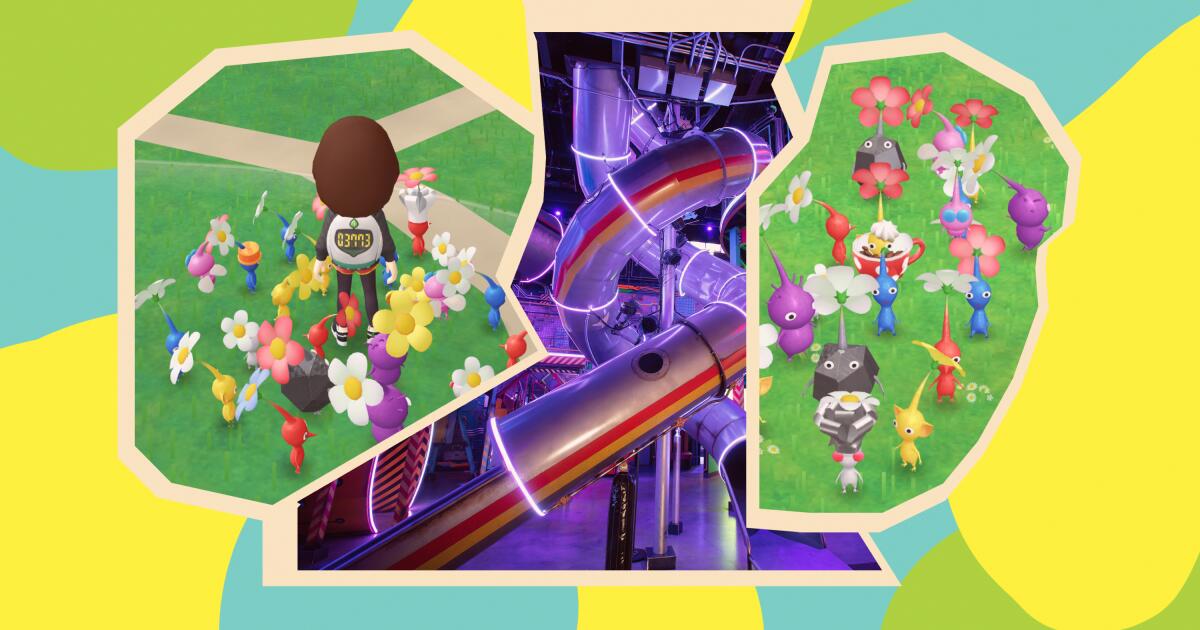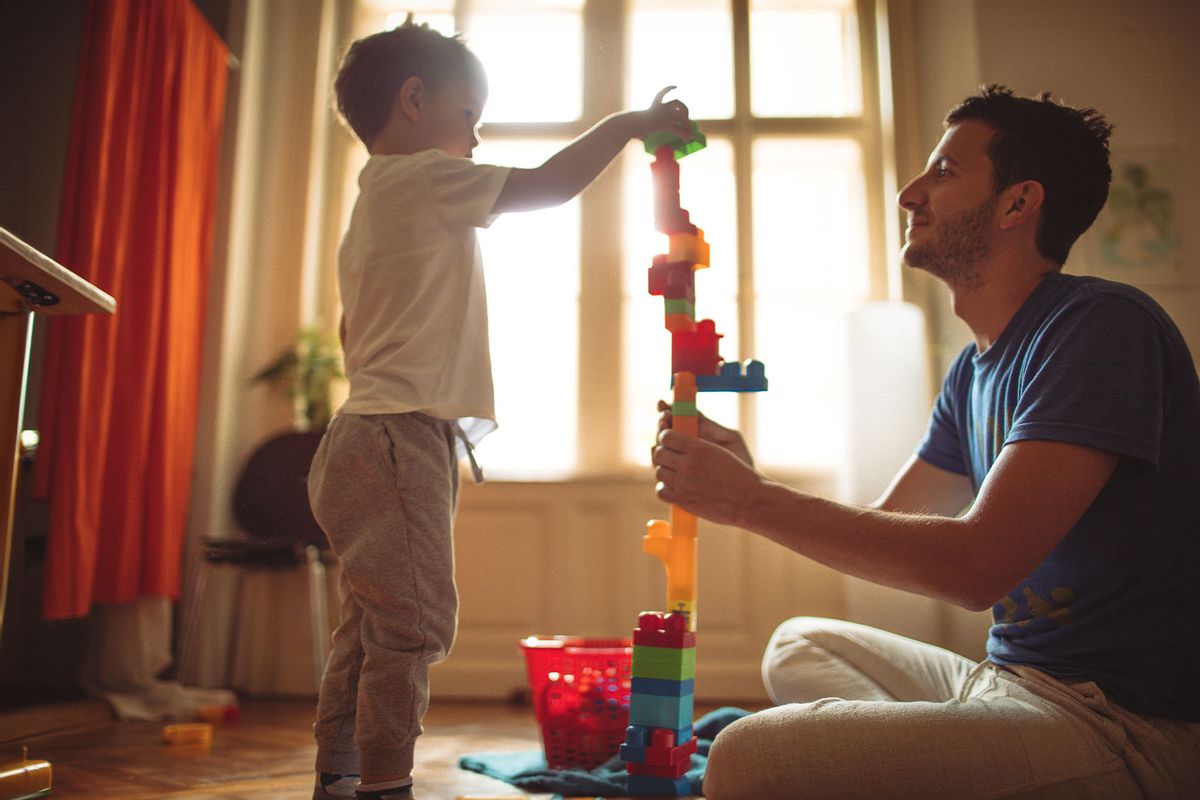
Why your brain is hungry for more play, according to a child development expert
SalonEvery waking moment, billions of neurons bustle across the highways of our brains, choreographing the body's thoughts, movements and communications. Harding's new book, "The Brain That Loves to Play," is a starter guide in fostering play. "When I talk about quality play experiences, I'm talking about sensory-driven experiences like sand, mud, water — all the stuff that's really dirty and grungy that most of us, as parents, run away from." When I talk about quality play experiences, I'm talking about sensory-driven experiences like sand, mud, water — all the stuff that's really dirty and grungy that most of us, as parents, run away from. Your question to me around how does play change as children develop, that's really about their developmental stage, it's about what they can understand and what they're interested in at that time.
History of this topic

All in a Play's Work: The importance of play in building parent-child relationships
India TodayDiscover Related
)

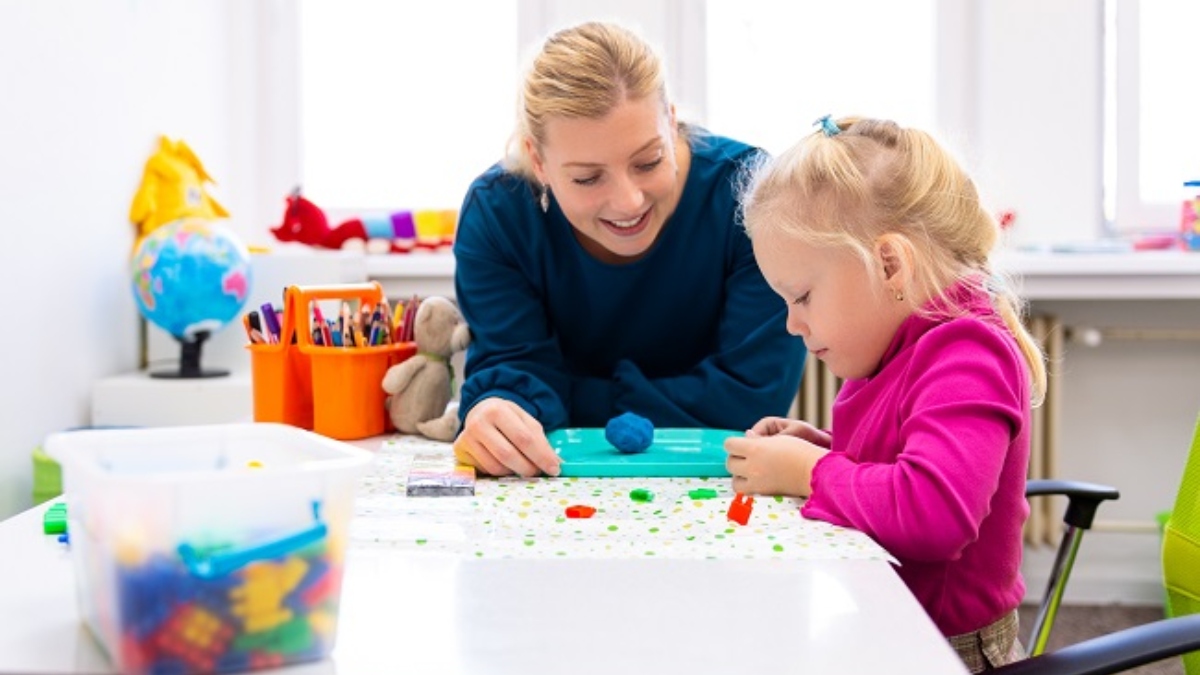







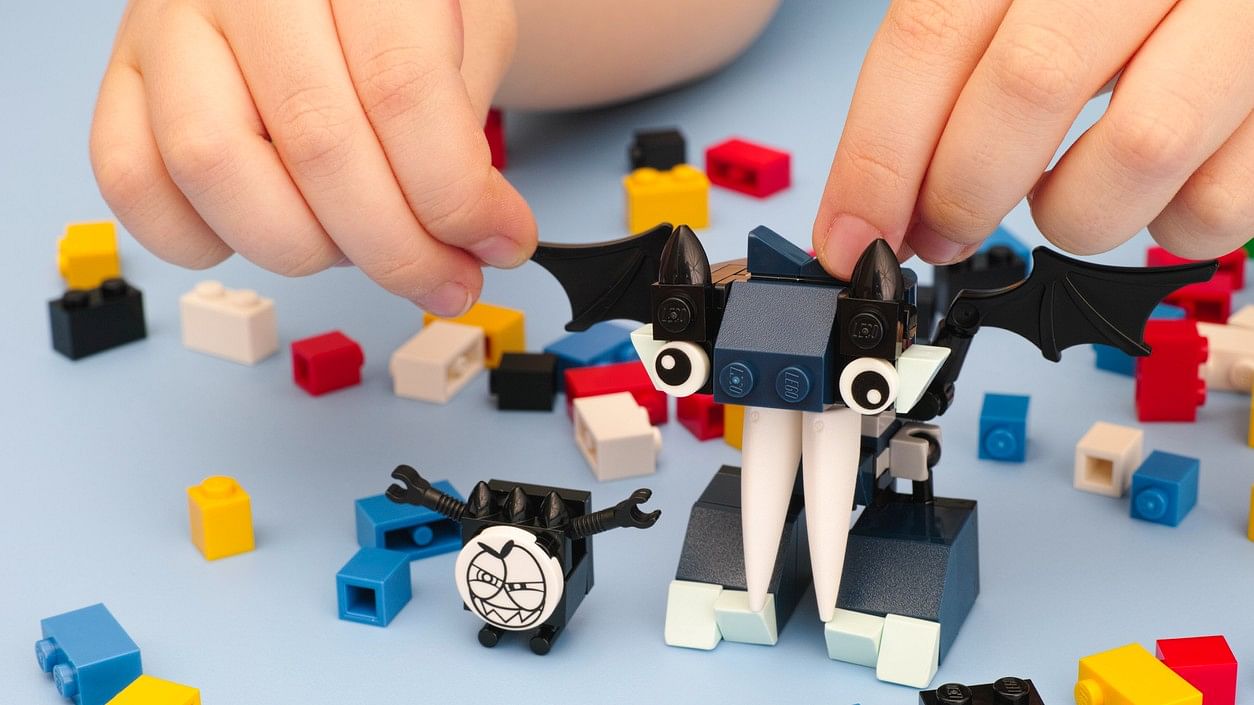



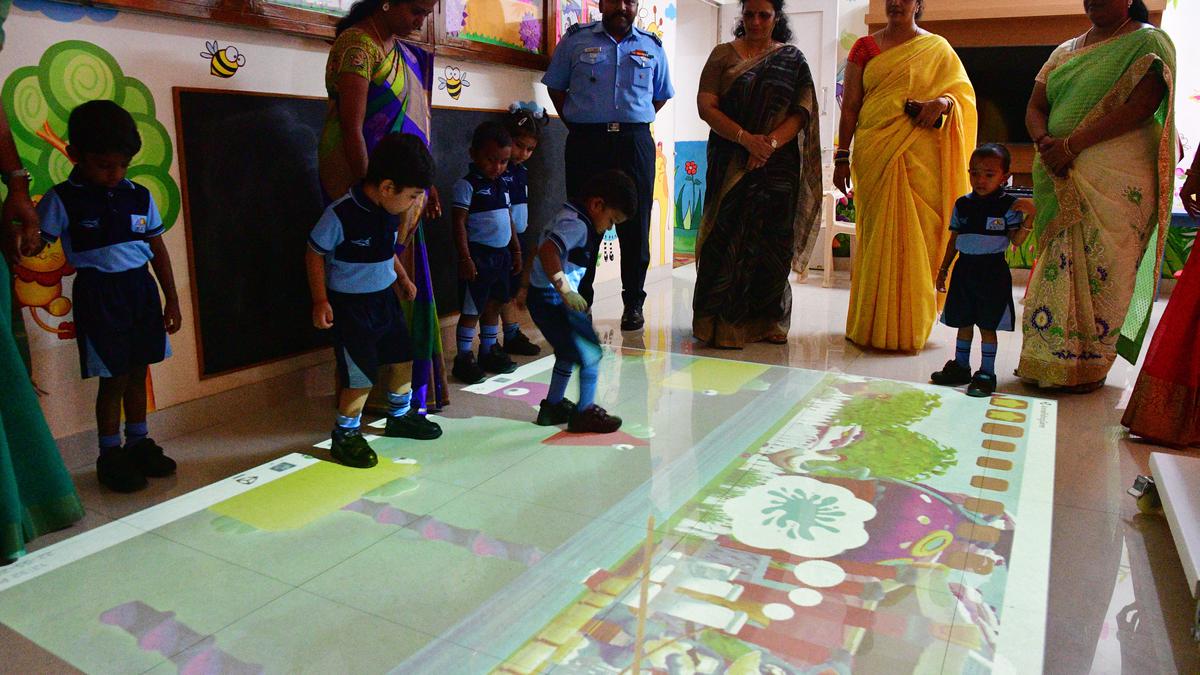




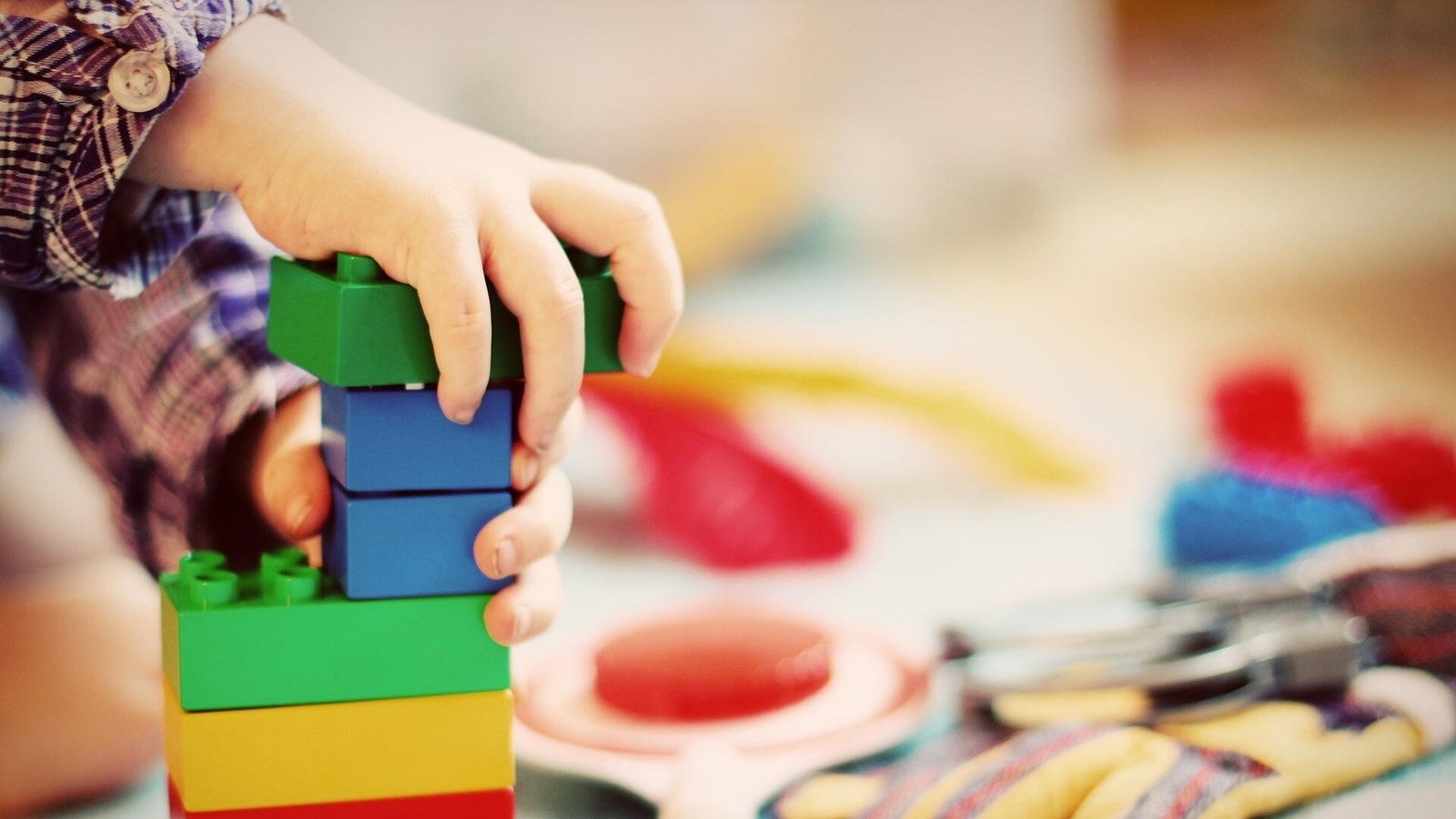



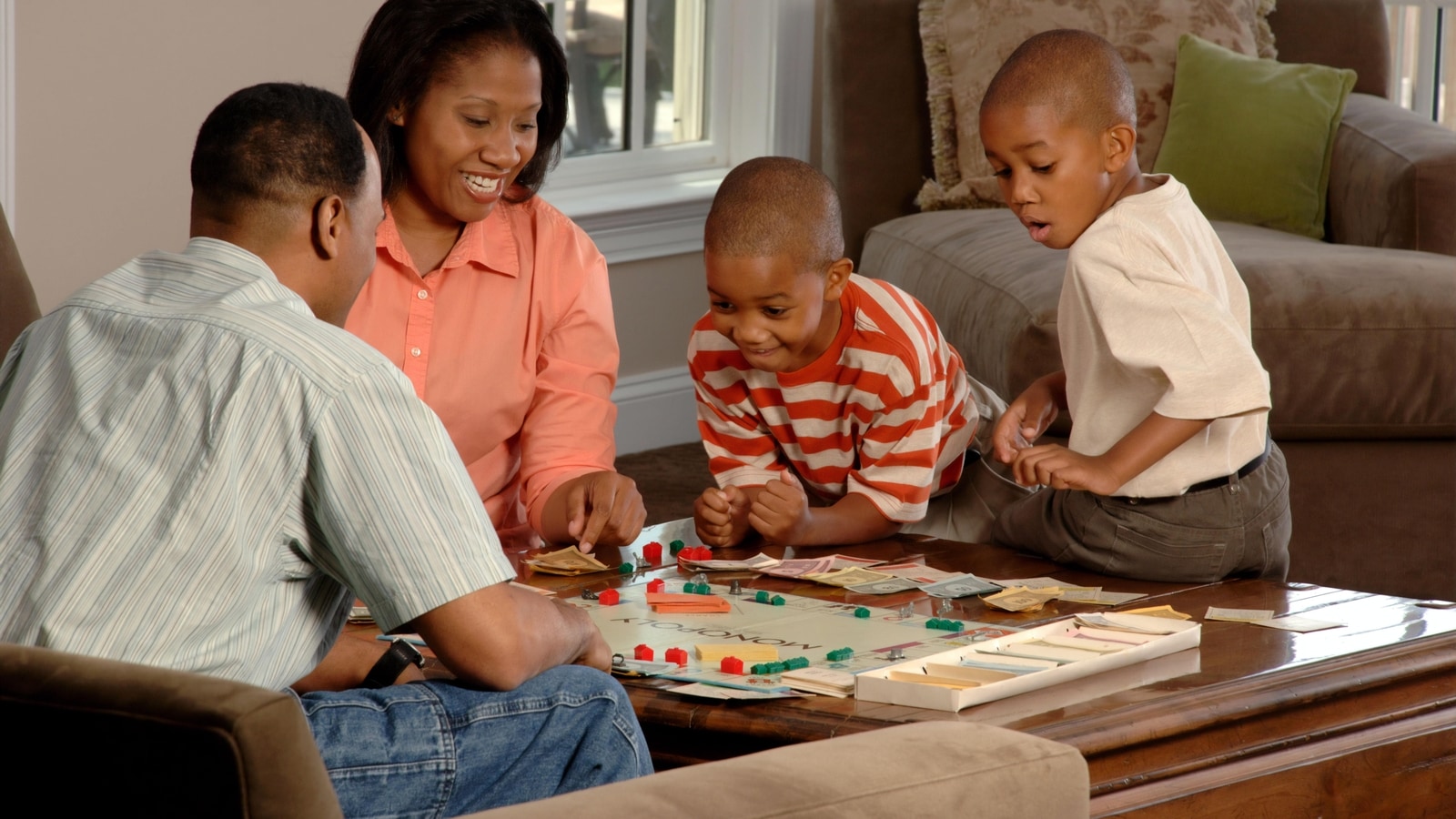




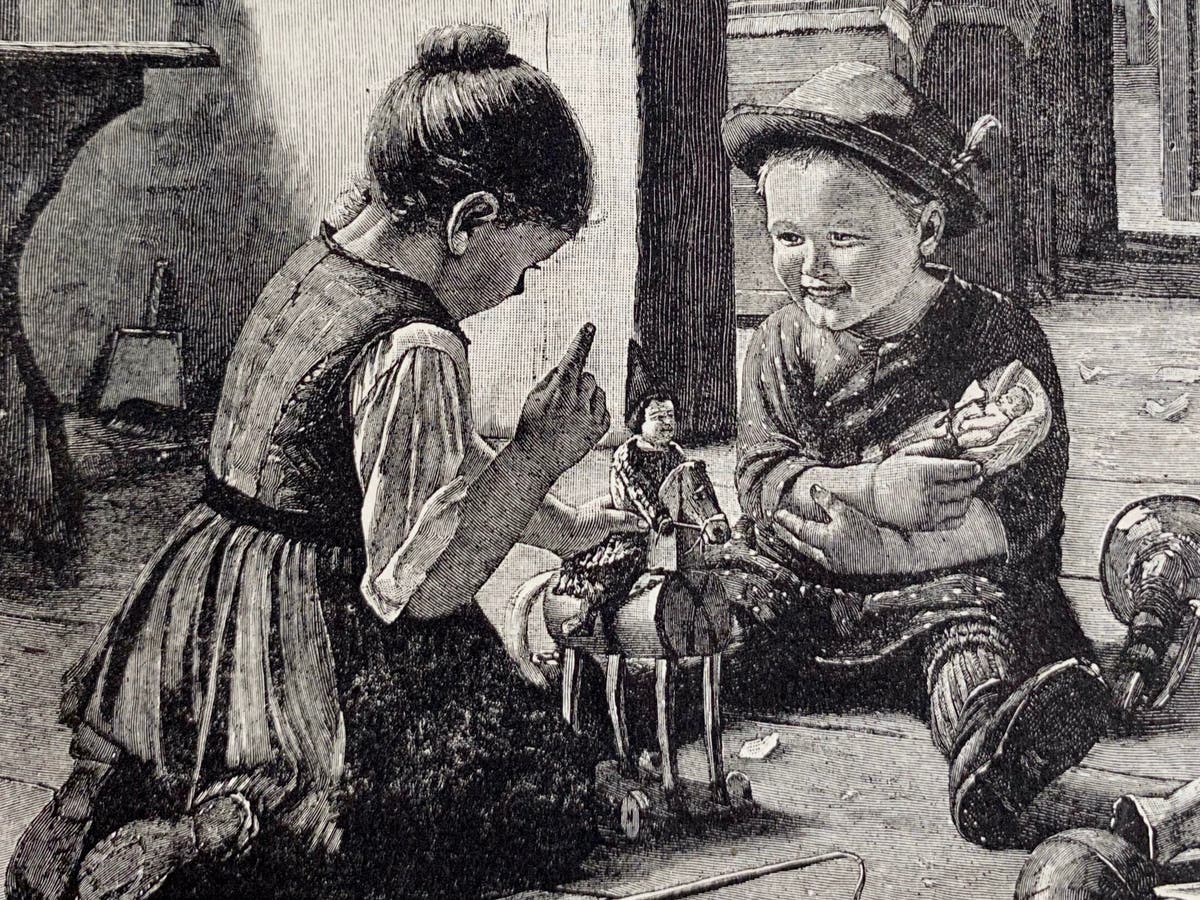

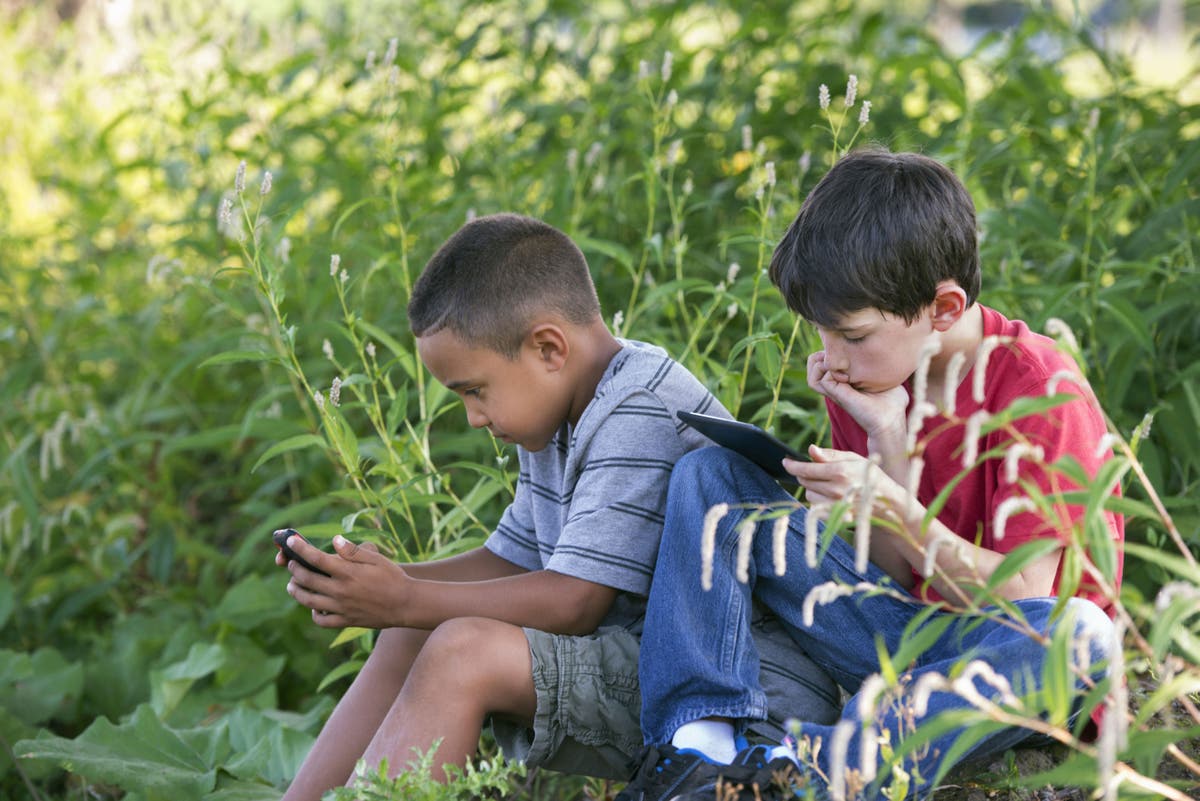





)



